Gardens are the thing here in Japan, especially vegetable gardens.
Growing food for personal consumption is such a part of Japanese culture, even in Tokyo, by population the largest city in the world, there are plot-share farms, rooftop gardens, and at least one major company that devotes a significant amount of its office floor space to growing an impressive variety of fruits and vegetables.
It’s commonly known that land use by the Japanese is extremely efficient, meticulous, ingenious. Everything I’ve experienced here over 12 years, substantiates that. Even out here in the sticks where I live, hardly under the pressures associated with the population density of cities, every patch of terra firma is treated as a valuable asset.
It’s entirely obvious why this is the case. Compare Japan with the United States.
While both are highly-industrialized, complex and extremely modern societies, with very mobile populations, large cities, vast swaths of land allocated to industrial-service sectors and for housing millions of people, Japan comes up short from the get go. The total area of the U.S. is 3,531,905 square miles (9,147,592 square km). Japan is only 145,925 square miles (377,944 square km). Meaning it’s just over 4% of the size of the U.S. — Japan is about the size of Montana, just one of the 50 U.S. states.
Yes, Japan has fewer people. The U.S. now has just over 330 million people, Japan just under 127 million. It’s still vastly disproportionate: Japan’s 38% of the U.S. population must use land that is at best about 4% the size of America, a continental landmass which stretches sea to shining sea, embracing vast undeveloped, underdeveloped and natural tracts in between. Visit states like Wyoming, Nevada, Utah, Montana, Arizona, New Mexico, North and South Dakota, Texas, and you’ll see what I mean.
Moreover, a considerable amount of land in Japan consists of mountainous terrain. Japan was formed in ancient times by volcanoes. While this offers beautiful landscapes and good trekking, the short of it is that there’s much less usable land in Japan. Much less! Only 12% of the land in Japan is arable, compared to 20% for the U.S.
So Japanese put every square meter they do have to good use, and make it work for them.
Add to that the nutritional benefits of eating food that’s not produced by factory farming, but grown in small amounts without machinery and a minimum — sometimes none at all — of chemicals. The result is in Japan, vegetable gardens are ubiquitous. Here in my own community of Sasayama, it seems like everyone has a vegetable garden.
Even yours truly gets in on the action from time to time. As a city-boy born and raised in the industrial heartland of Detroit, Michigan I have to confess to a bit of awe when a seed or two actually sprouts, grows, and I end up with the fruits and vegetables of my personal labor on the dinner table. Here is the naked American getting things ready to plant some seedlings.
That was last season, working our vegetable row, a single strip my wife and I rent from a neighbor. We ended up with tomatoes, bell peppers, zucchini, eggplant, onions, garlic, a couple melons which got stolen by some local monkeys, then late in the season soybeans.
Credit where it’s due: Masumi actually knows what she’s doing. I pretty much defer to her on anything agricultural. On the other hand, she doesn’t know how to rebuild a Ford V-8 engine. We each have our specialties.



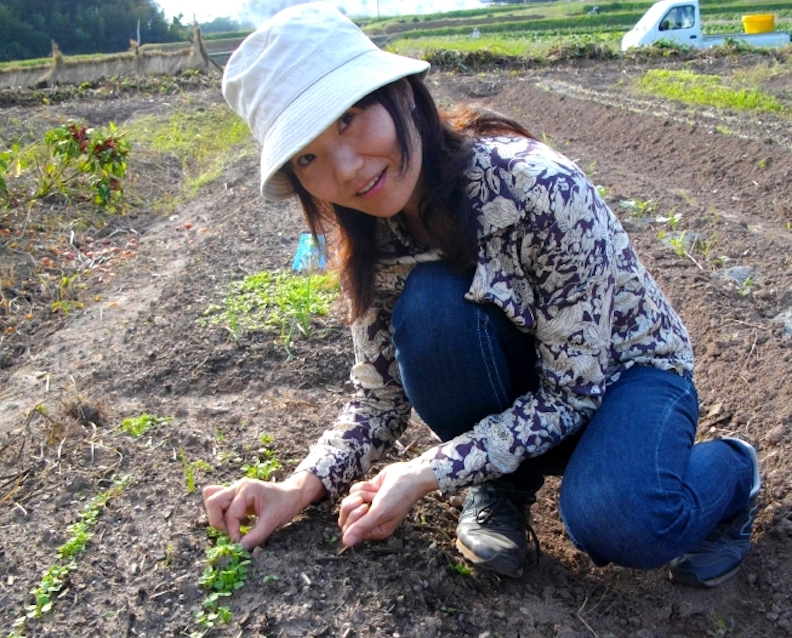

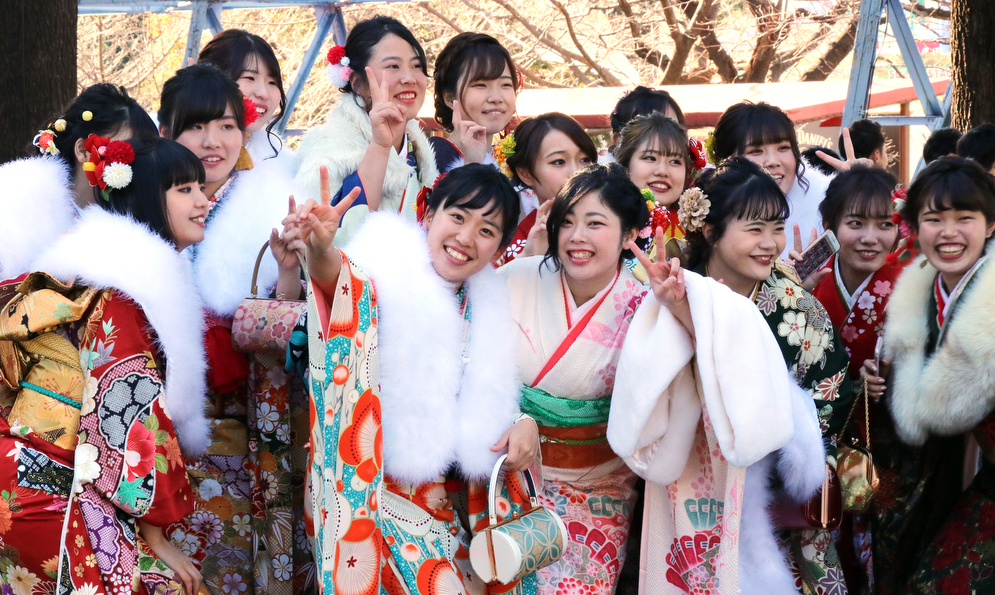
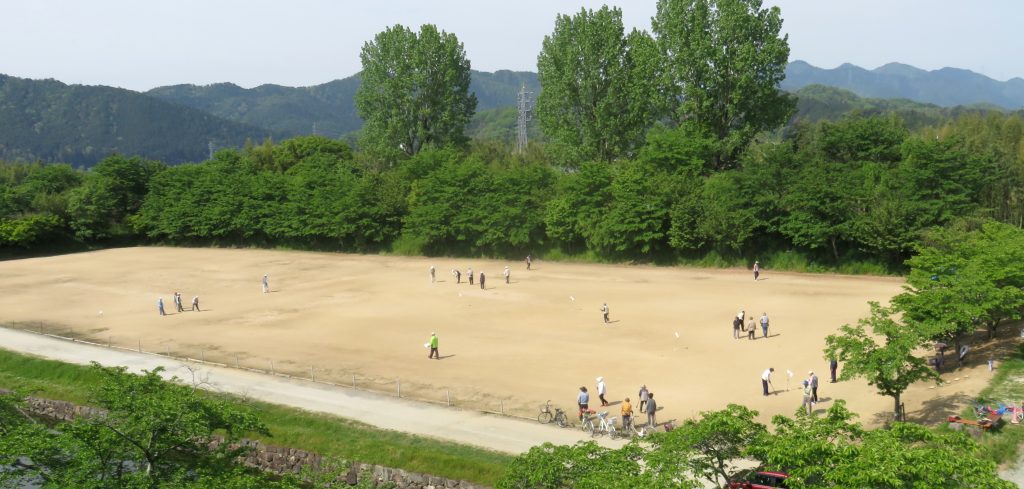






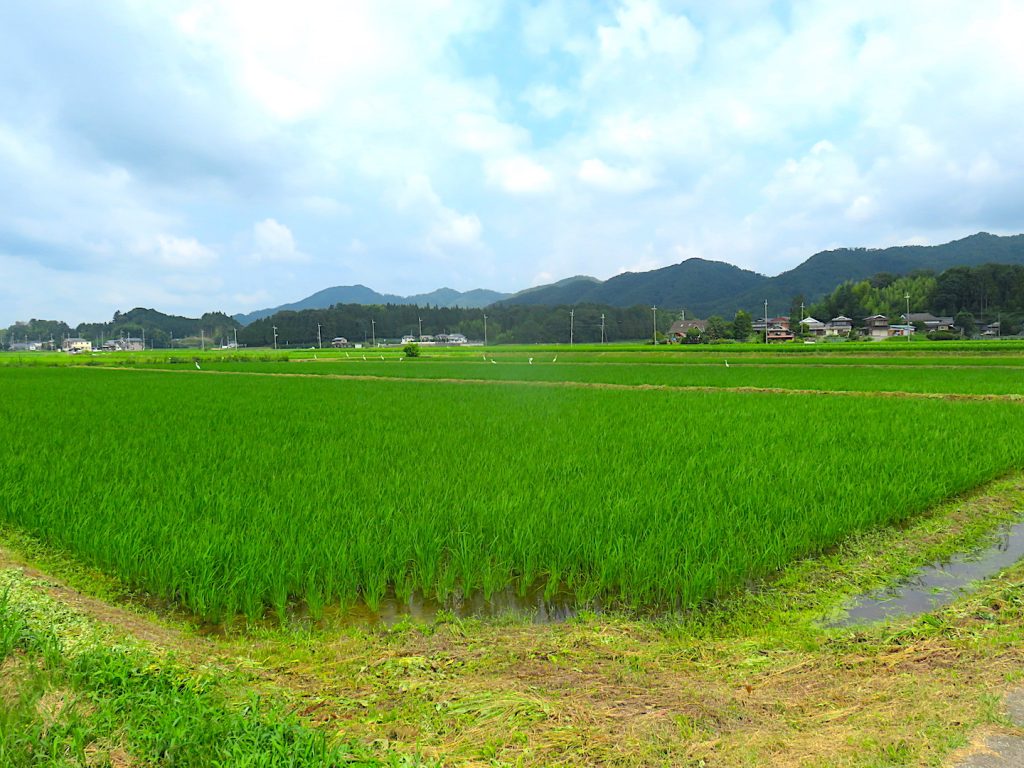
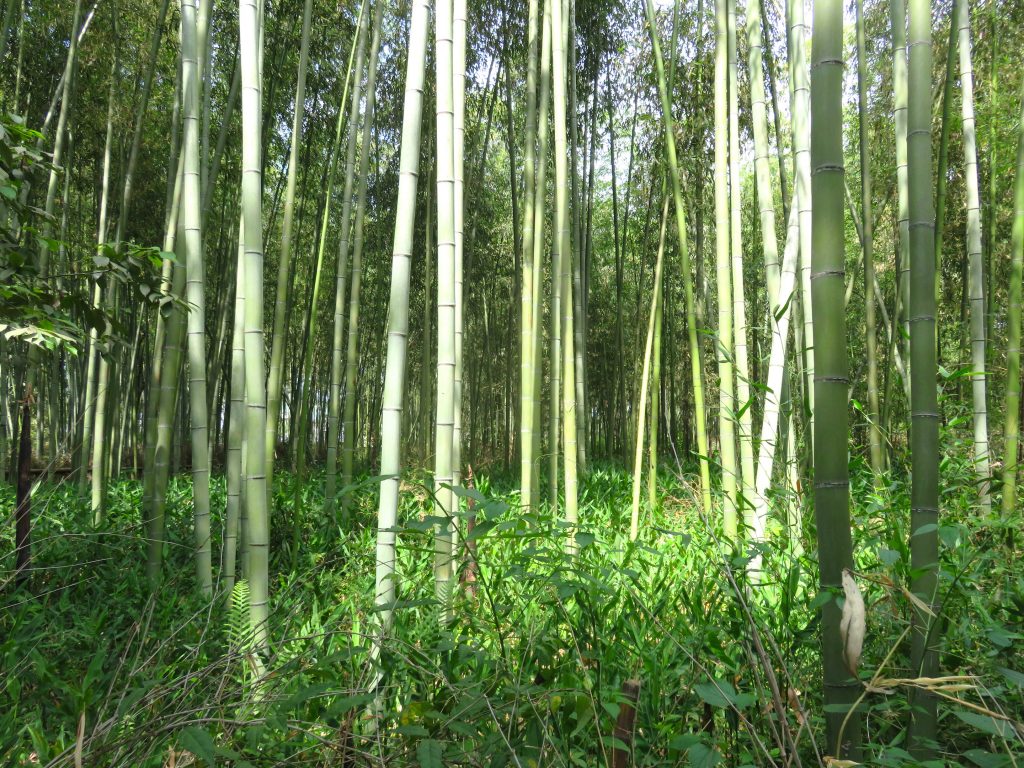
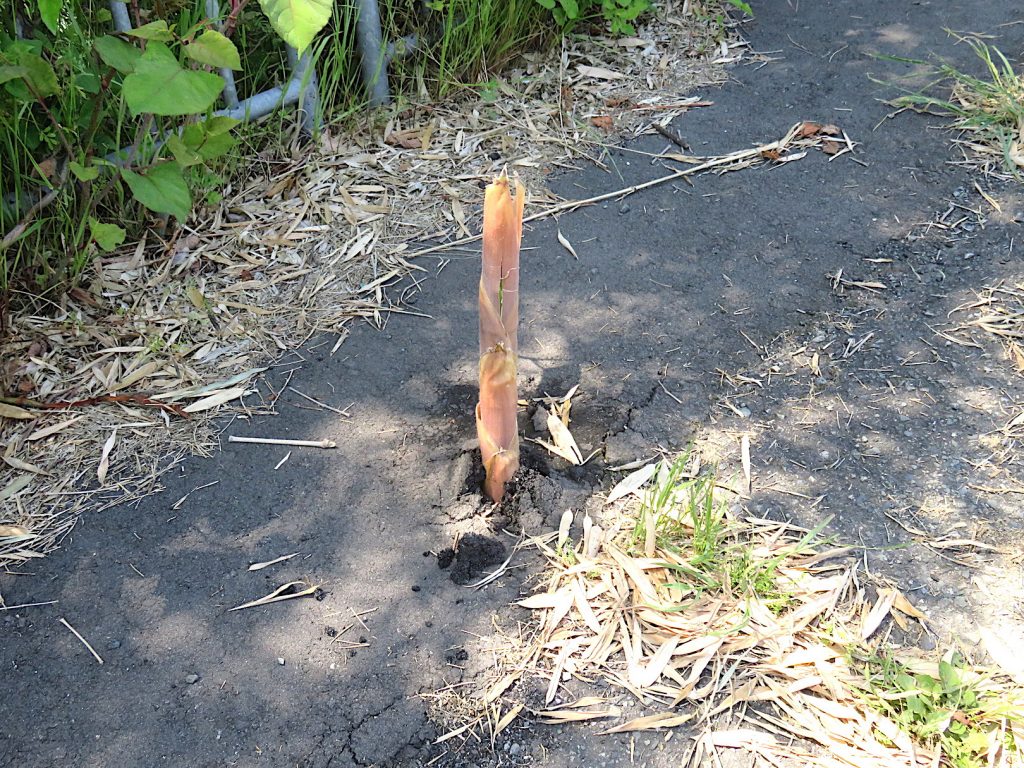




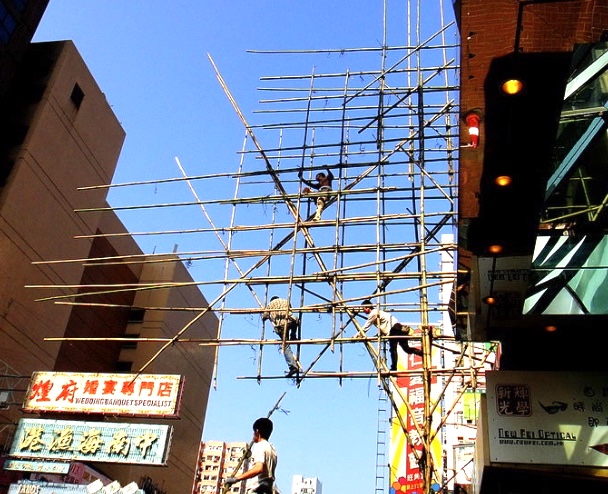



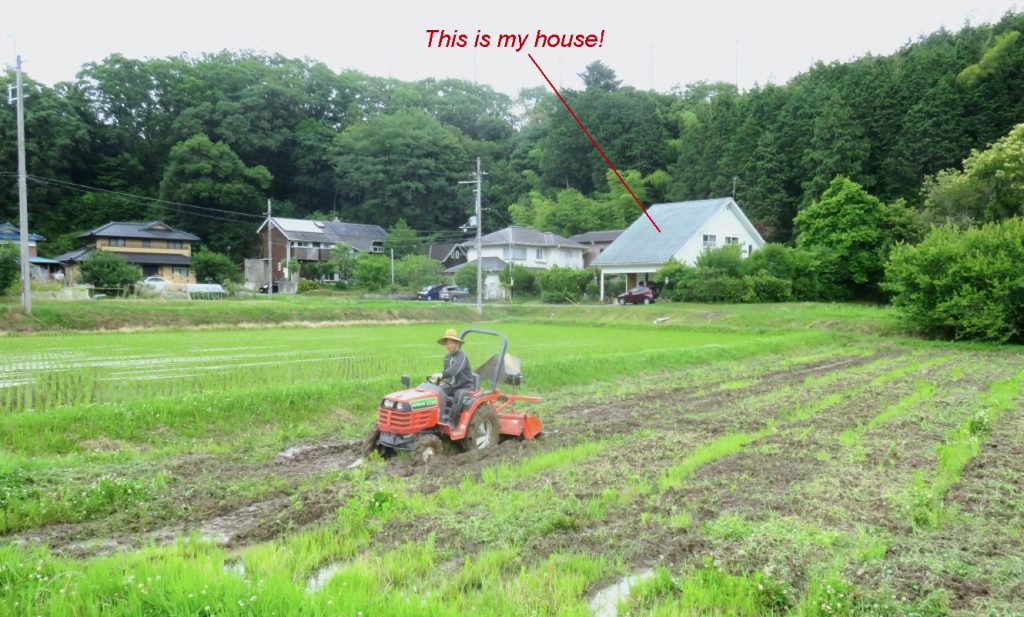
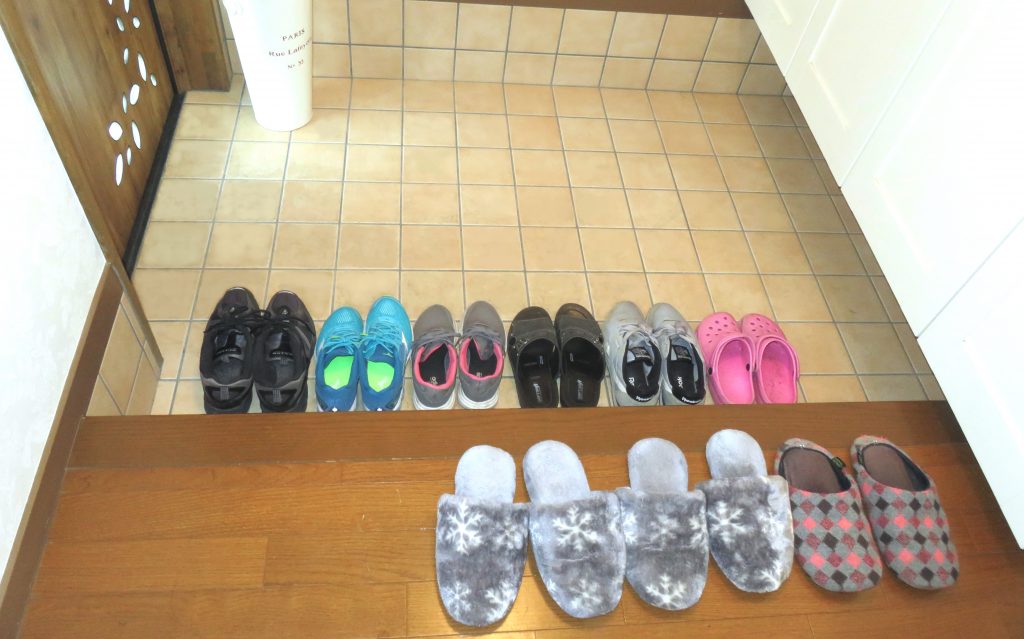
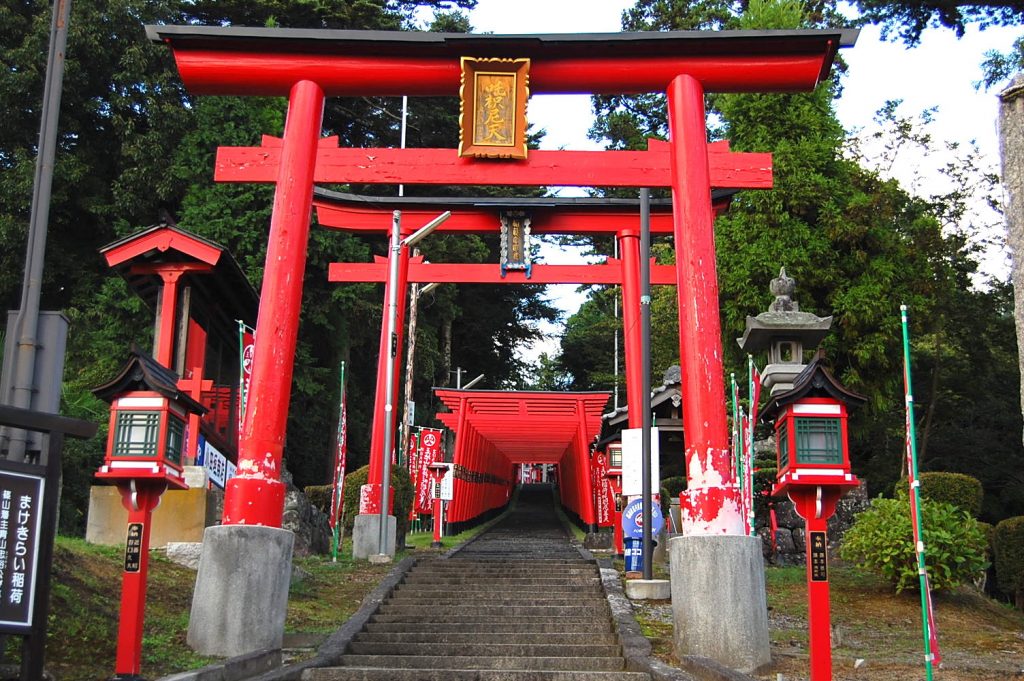
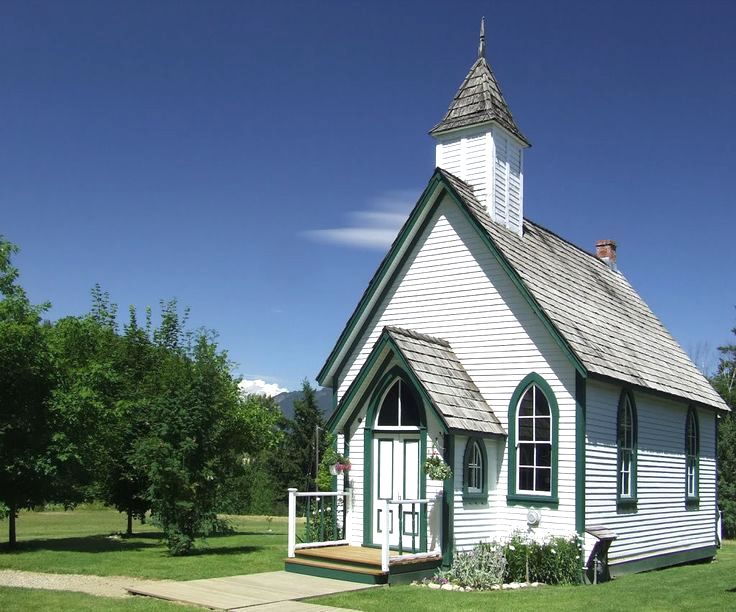




Life In Japan: Lotus Flowers, a Castle, and a Moat
We have a 400-year-old castle in the center of town. Well, to be fair it’s really the ruins of a castle. Even so, it’s an impressive sight and many of our festivals and fairs are held in an area adjacent to the castle compound. It’s completely surrounded by cherry trees, so it’s a popular spot during the Cherry Blossom festival, and whenever the weather is good, for families and friends to picnic, for people to stroll. The castle and surrounds are also frequented by local artists.
The inside of the castle grounds has a large wooden structure which functions as a visitors center and museum, telling of the history and function of the original castle, which burned to the ground some time ago. It was, as were all such structures in Japan from this period, made entirely of wood.
Sasayama was not an important military outpost. The castle served as a way-station for the visiting samurai. But like all castles of its time, protection from hostile takeover was a basic requirement. Its first level of fortification consisted of moats, an outer moat and an inner moat. These obviously wouldn’t be very effective against cruise missiles or Predator drones but they served the purpose at the time, erecting a formidable obstacle at the time for any aggressors, who were usually on foot.
Now the moats perform an entirely different function. Both inner and outer moats are the home of ducks, which spend their days floating, gliding, hanging out, dunking for debris on the bottom, and of course, making more ducks. I haven’t seen any of them ducking, however, since there is no duck hunting, at least around the castle, or anywhere in Japan that I know of.
And then there are the turtles. Turtles are horrible conversationalists, slow, lumbering, in my opinion, very dull creatures. Our local turtles focus exclusively on loitering, sunbathing, meditating, doing what turtles have been doing long before the castle was built — say going back at least four million years. Turtles are behaviorally a quite stable species, to put it mildly. Frankly, I’m still puzzled why anyone would want a turtle as a pet. A medium-size rock provides the same amount of companionship and requires less maintenance.
Anyway . . .
The moats definitely offer the many visitors who visit this historic site, something more interesting to experience and enjoy than the stone wall fortification — the second line of defense — which forms the base the entire perimeter of the castle grounds.
One of the outer moats also has a very special function. In spring and summer, the city rents row boats. No jet skis, no submarines, no hover craft. Only row boats. That pretty much fits the pace here.
This year the experience of the picnickers, revelers, stroller, artists, and ducks and turtles, was dramatically heightened. A local elementary school connecting their students with nature and community service had them plant lotus flowers. The effect was breathtaking.